
(TLDR; low-affinity motifs matter as pioneers!)

(TLDR; low-affinity motifs matter as pioneers!)


We combined MPRA and CRISPRa in excitatory neurons to test and validate cis-regulation therapies for hundreds of haploinsufficient neurodevelopmental disorder genes. 🧬🔬
www.biorxiv.org/content/10.1...
We combined MPRA and CRISPRa in excitatory neurons to test and validate cis-regulation therapies for hundreds of haploinsufficient neurodevelopmental disorder genes. 🧬🔬
www.biorxiv.org/content/10.1...
shorturl.at/H3Qww
This is an enormous team effort that I had the honour of spearheading with Nick Page and Florence Chardon.
Bluetorial below.
shorturl.at/H3Qww
This is an enormous team effort that I had the honour of spearheading with Nick Page and Florence Chardon.
Bluetorial below.


We used genomic barcoding + scRNAseq in chick & human embryos to reveal a lineage architecture that reshapes how we understand neural tube development & cell fate decisions
🧵👇
www.biorxiv.org/content/10.1...

We used genomic barcoding + scRNAseq in chick & human embryos to reveal a lineage architecture that reshapes how we understand neural tube development & cell fate decisions
🧵👇
www.biorxiv.org/content/10.1...
www.nature.com/articles/s41...
Caviar for RNA-Seq nerds! Check this out

www.biorxiv.org/content/10.1...


www.biorxiv.org/content/10.1...
“Developmental biology is fundamentally beautiful. We are no less beautiful for our variation. Instead, perhaps we are more so. Perhaps we are remarkable. Perhaps we are full of wonder.”
Insightful post by Bethan ⬇️👀
thenode.biologists.com/developmenta...
“Developmental biology is fundamentally beautiful. We are no less beautiful for our variation. Instead, perhaps we are more so. Perhaps we are remarkable. Perhaps we are full of wonder.”
Insightful post by Bethan ⬇️👀
thenode.biologists.com/developmenta...


www.crick.ac.uk/news/2025-09...

www.medrxiv.org/content/10.1...
Saturation genome editing of BRCA1 across cell types accurately resolves cancer risk.
Led by the amazing Phoebe Dace. This one’s packed full of data, so check out the paper. Quick highlights… 🧵 1/n

www.medrxiv.org/content/10.1...
Saturation genome editing of BRCA1 across cell types accurately resolves cancer risk.
Led by the amazing Phoebe Dace. This one’s packed full of data, so check out the paper. Quick highlights… 🧵 1/n
Learn more: bit.ly/4mAWAS8

biorxiv.org/content/earl...
biorxiv.org/content/earl...
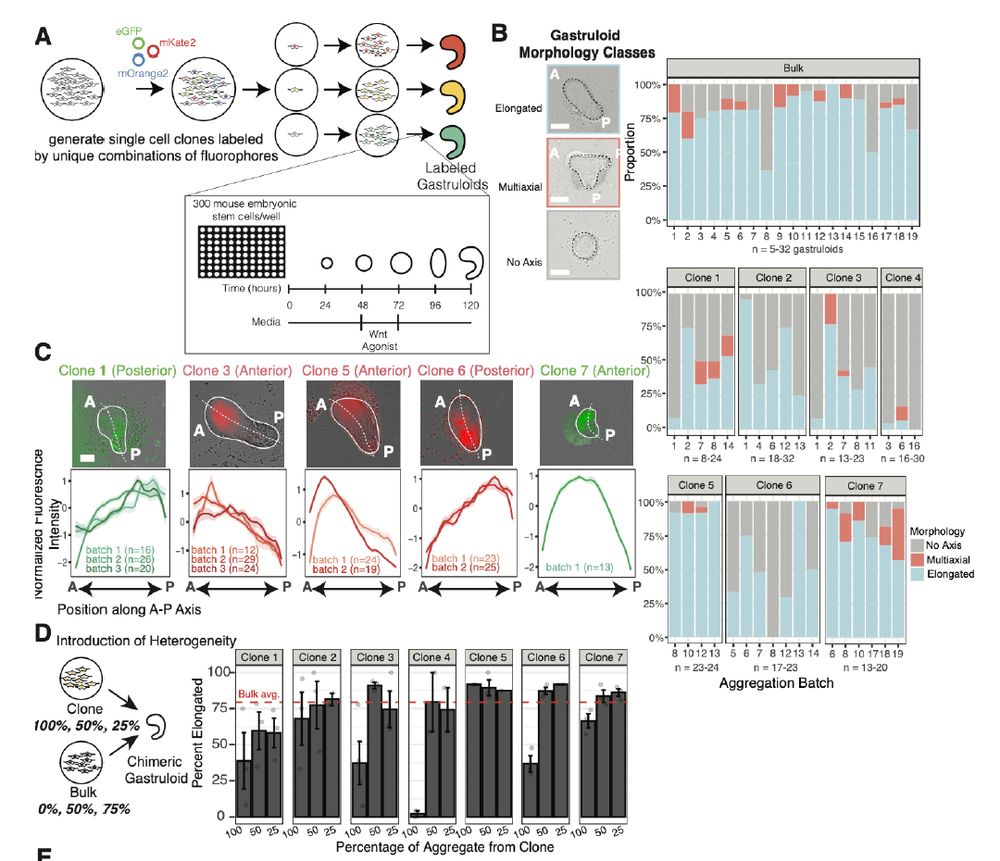
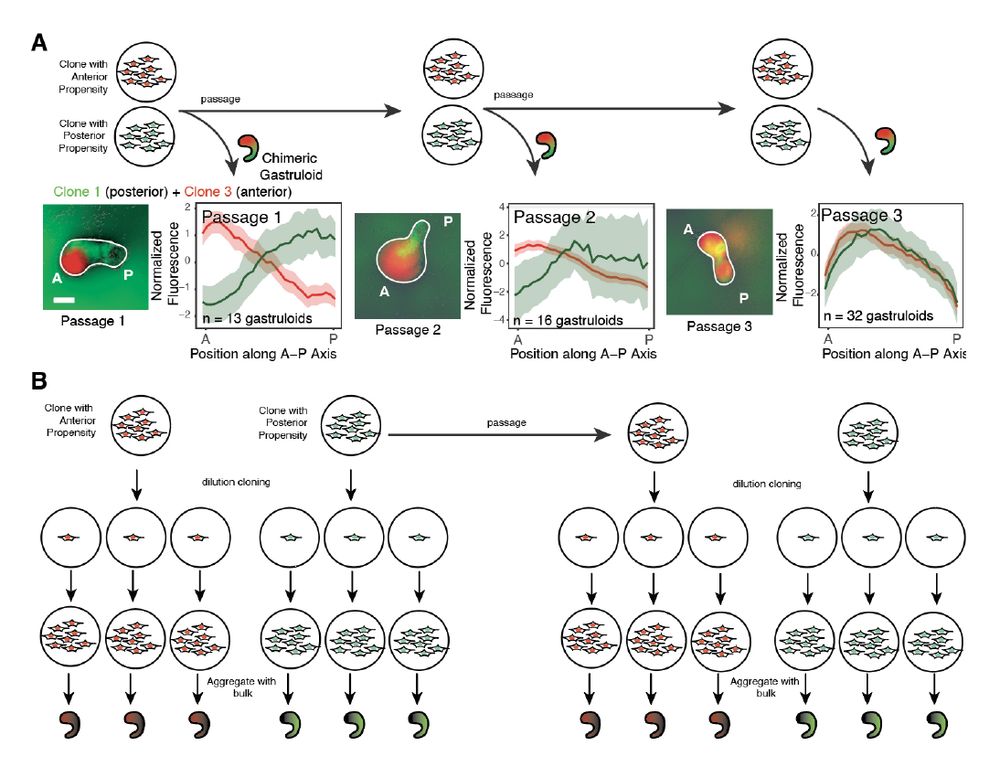
biorxiv.org/content/earl...
biorxiv.org/content/earl...
1/9
1/9
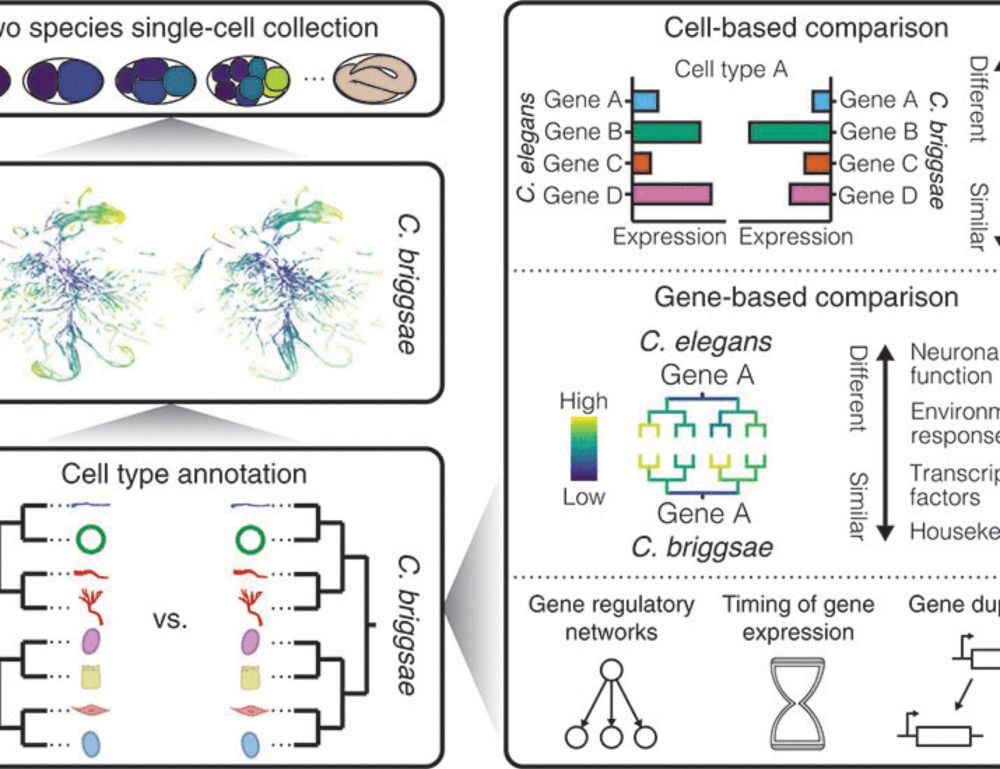


@natbiotech.nature.com. This retrospective clone isolation method using CRISPR base editors is a powerful tool in broad biology. A history of Soh in the Yachie lab. www.nature.com/articles/s41...
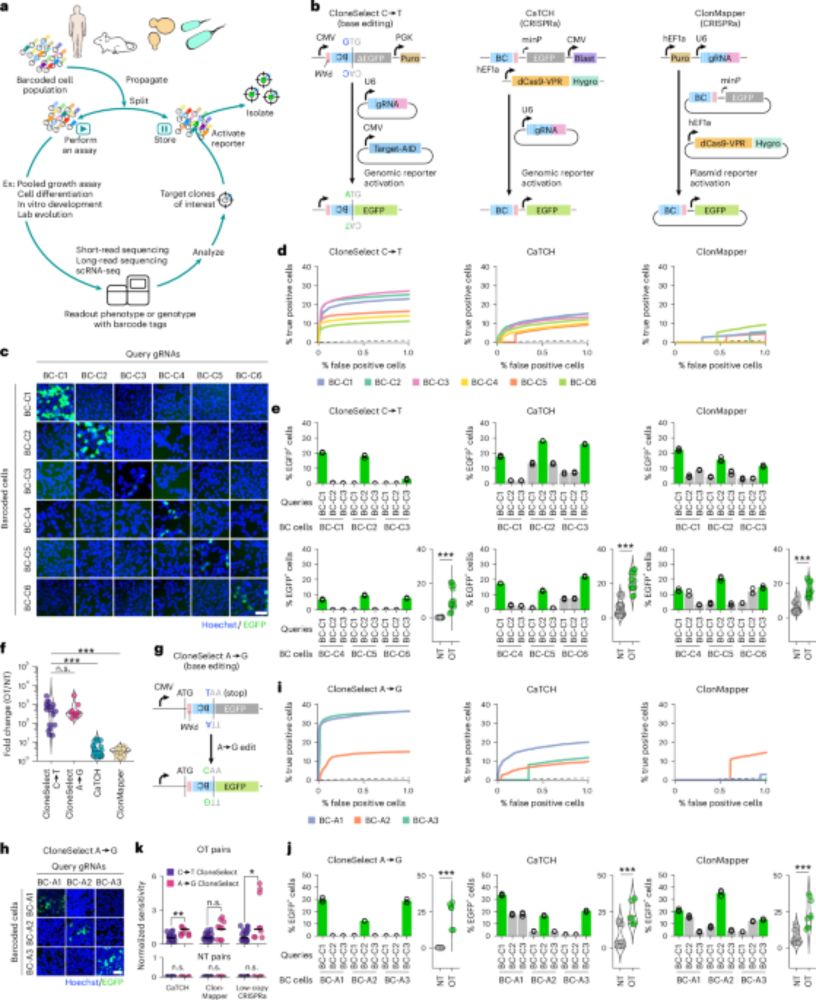
@natbiotech.nature.com. This retrospective clone isolation method using CRISPR base editors is a powerful tool in broad biology. A history of Soh in the Yachie lab. www.nature.com/articles/s41...
www.nature.com/articles/s41...
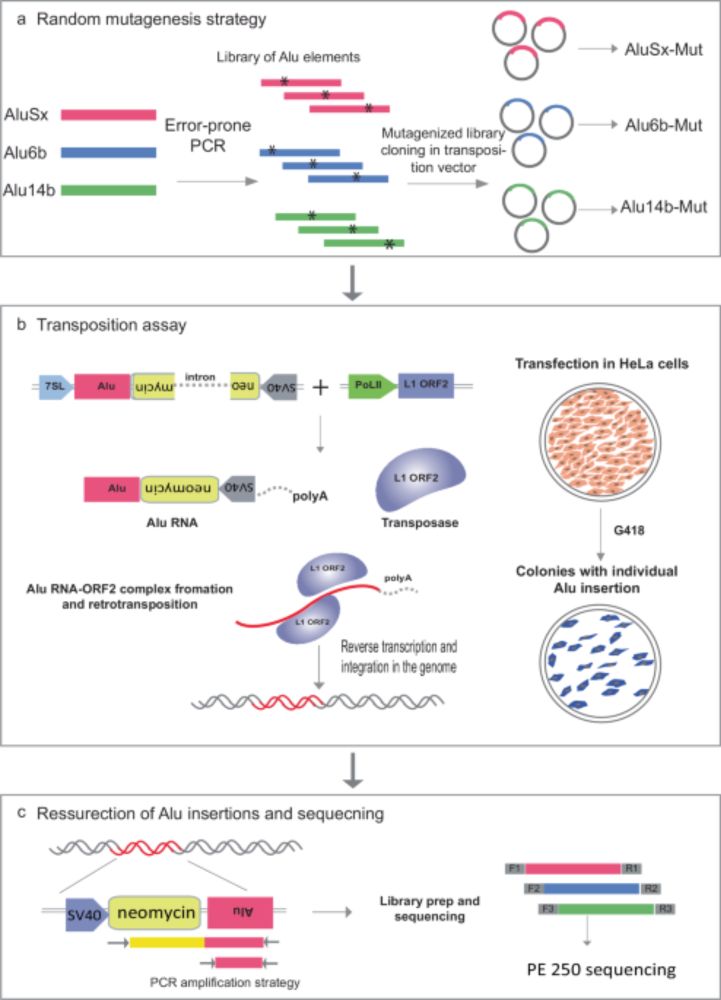
www.nature.com/articles/s41...


